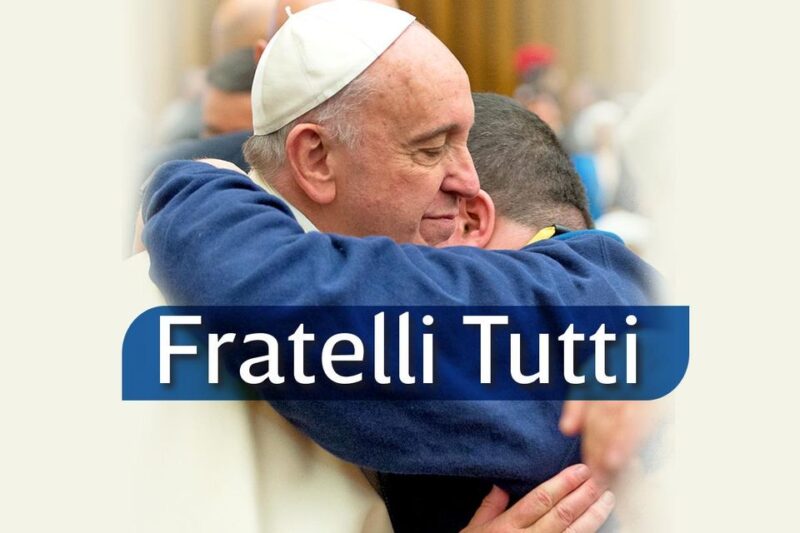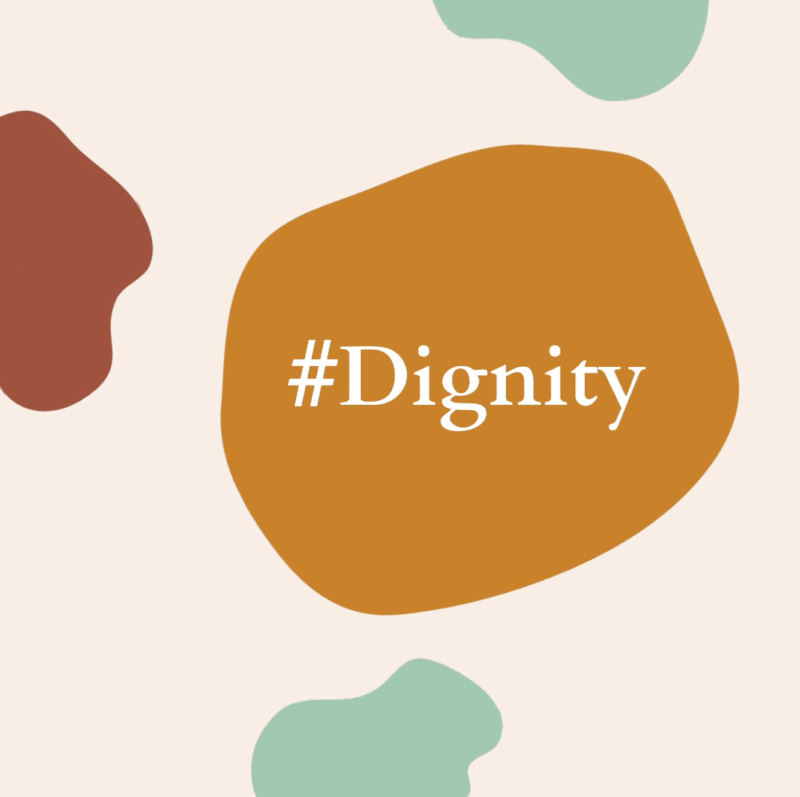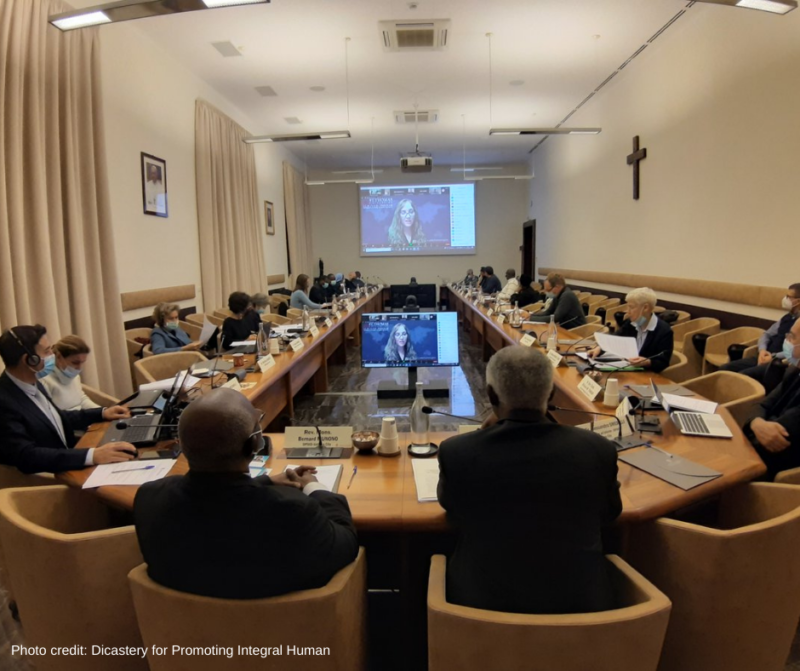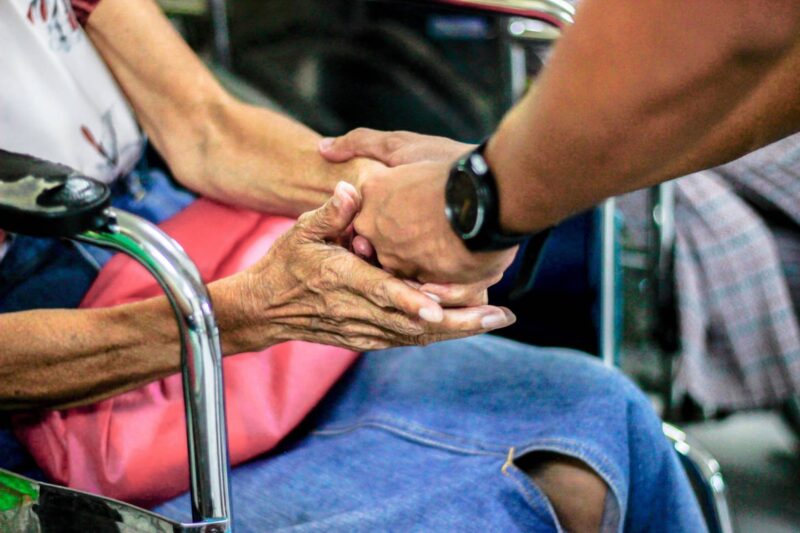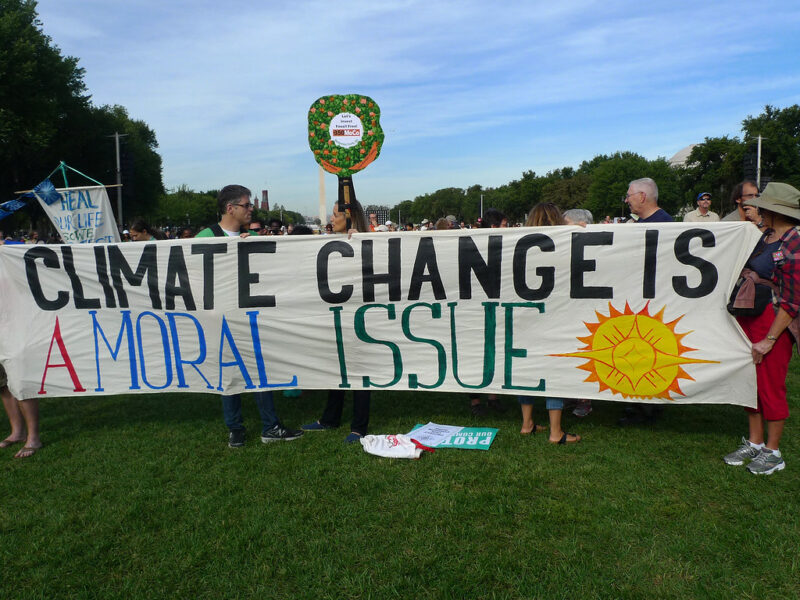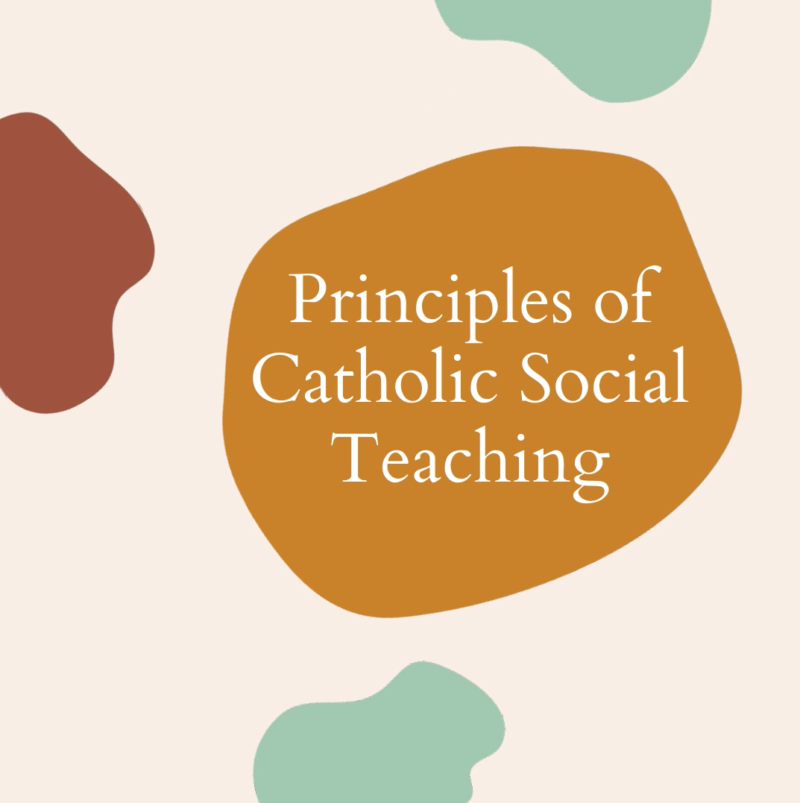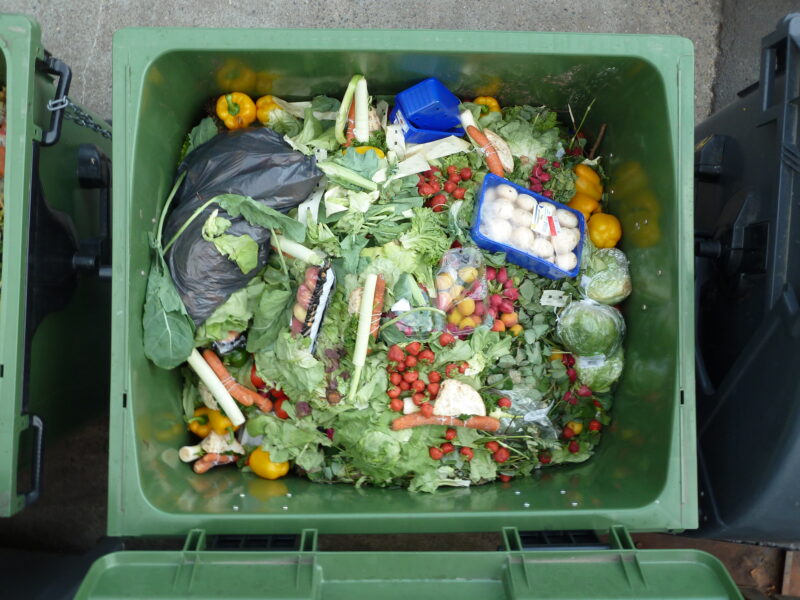Exploring the Encyclical ‘Fratelli Tutti’
The Encyclical “Fratelli Tutti” is a potent expression of faith in times of doubt, a call for hope in times of fear and a challenge to love. This Encyclical is a blend of Franciscan themes and Ignatian discernment, combined with the Catholic Social Teaching. The Encyclical invites us to an affective, reflective and imaginative relationship with the variety of ideas and arguments it presents to us… Read more »



